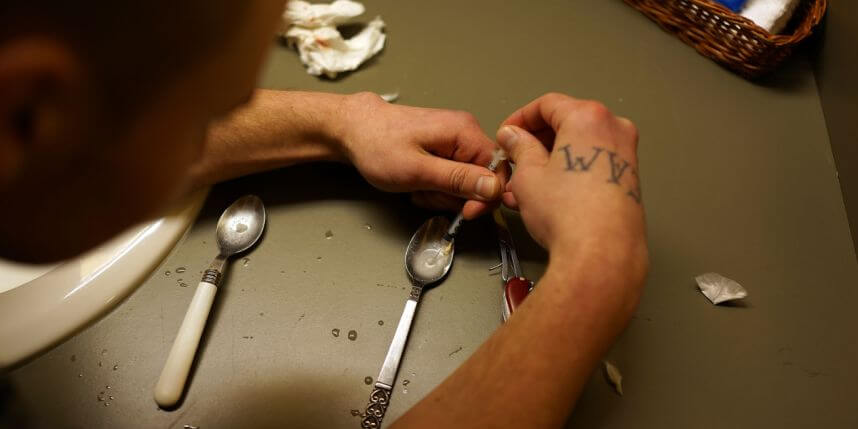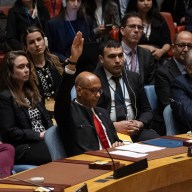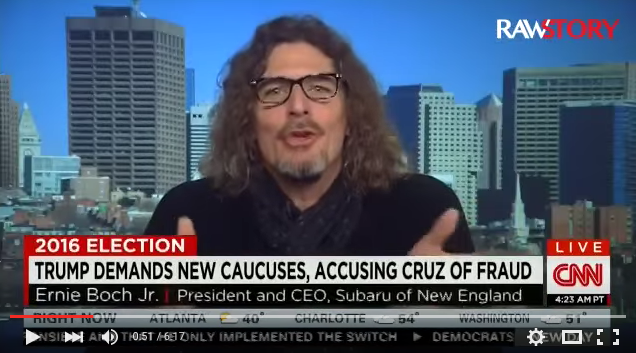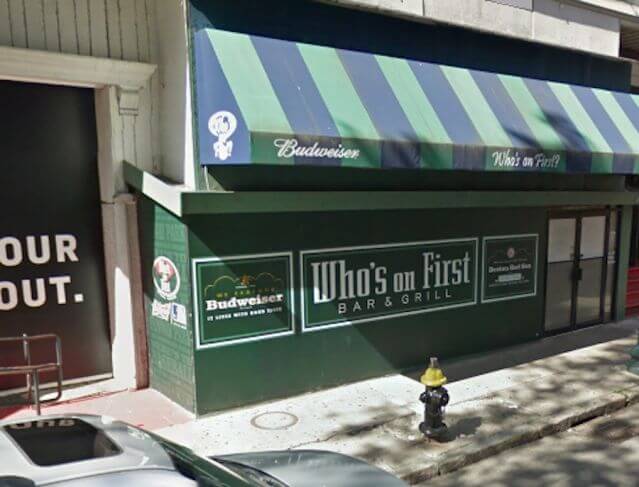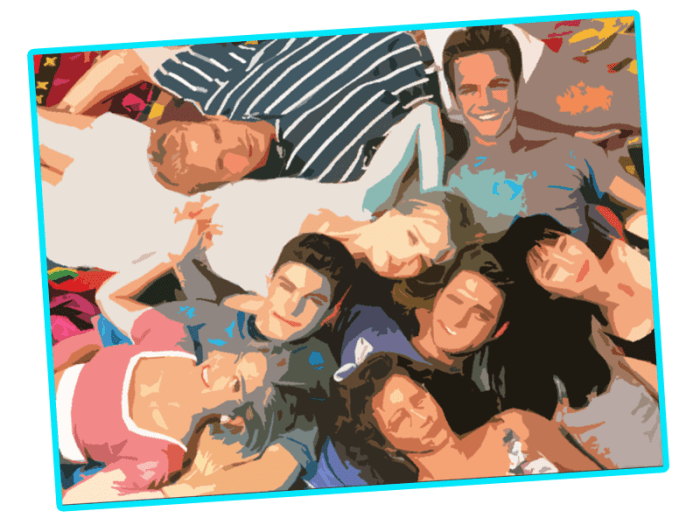The Bay State is being forced to a crossroads at needlepoint.
The heroin plague has legislators, law enforcement, activists and the afflicted scrambling to come up with a solution. It has unabashedly liberal Mass. Sen. Ed Markey and Senate Majority Leader Mitch McConnell, a conservative Kentucky Republican, teaming up to take on the scourge. These lawmakers are often opposed politically, but agree the problem needs urgent attention. Locally, Governor’s Councilor Robert Jubinville, a criminal defense attorney from Milton, asked Gov. Charlie Baker to consider expanding his Task Force efforts in decriminalizing heroin use and have the state take over methadone clinics as a means to “try something different.” “Hopefully this can start the conversation and start helping some of these kids instead of running them through the courts and ruining their lives,” Jubinville told the State House News Service. In his letter, Jubinville said addiction is a disease that should be treated, not punished. He applauded Gloucester Police Chief Leonard Campanello’s program which stops arresting addicts who show up to the police station to turn in their drugs/paraphernalia and ask for help starting in June. As of mid-July, a little over two weeks into the program, 55 people were placed into treatment programs. The situation is worse than previously reported. The Department of Public Health initially said that 1,008 lives were lost to prescription drugs and heroin in 2014. However, that number was last week adjusted to 1,256. That’s a 57 percent leap from 2012 and a 15 percent jump from 2013. In the first three months of 2015, 312 lives were lost, about the same pace as last year. The view of the battlefield from a desk on Beacon or Capitol Hill is vastly different from the frontline street soldier’s perspective.
Growing up in Somerville,Mark McLaughlin, a street outreach worker for Bridge Over Troubled Waters, has seen the vicious impacts of opiates from jumpstreet.
“I’m glad to see the attention this is getting now, but people are acting like this is a new problem,” McCloughlin said. “You’d see heroin use in certain communities and then the rise of Oxycontin in the late 1990’s and 2000’s. But that was written off as scumbags and homeless folks using.” Once usage spread out of notoriously rough neighborhoods, the stigma began to morph.
“People used to think that only stick-up kids and punks in Southie, Charlestown, Brockton, Quincy, Somerville and all the areas with hard reputations were involved in this stuff,” McLaughlin said. “All the sudden, you start seeing these problems pop up in ‘places you wouldn’t expect it to,’ and now we have a problem on our hands we have to deal with Everything we’re seeing is reactionary. Nothing preventative. At the time, you wanted to scream ‘you think these things are going to stay in the Bunker Hill Projects? You think they’re going to stay in the Old Colony Projects? You’re kidding yourself.’” He said the expansion of NARCAN, the life-saving opiate blocker, was the result of mothers begging for help.
“The epidemic had to puncture the middle class in order to get things going,” McLaughlin said. “All the sudden the conversation became, ‘this is Duxbury, not Roxbury. We need to do something to protect our kids.’” As legislators grapple with the crisis, McLaughlin is out in the van on the Common and in Harvard Square handing out clean needles or bleach kits to clean the spike to folks who are going ride the horse regardless to the cleanliness of their shooter. Once he and his fellow workers earn the trust of the afflicted, they gently push folks to get help. “I’m just worried that by the time we get a handle on this heroin problem, we’ll have a meth problem to deal with next,” McLaughlin said.
Massachusetts state officials wrestle with growing heroin crisis
